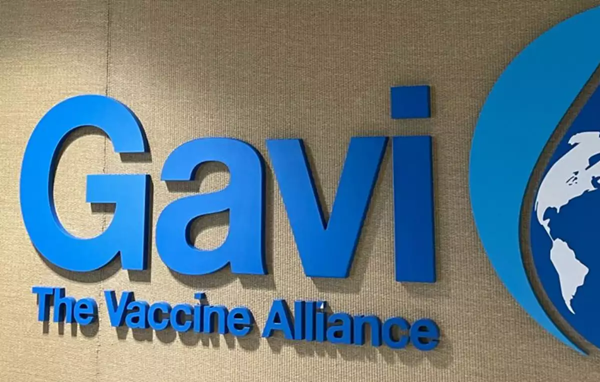
Gavi, the Vaccine Alliance, has committed $191 million to Nigeria under its Health Systems Strengthening (HSS-3) initiative, to reach 1.8 million zero-dose children and raise national immunisation coverage to 84 per cent by 2028.
The announcement was made in Abuja by Gavi’s director of health systems and immunisation strengthening, Dr Alex de Jonquieres. He described the grant as one of Gavi’s largest to date and the product of a collaborative planning process involving the Federal Ministry of Health and Social Welfare, the National Primary Health Care Development Agency (NPHCDA), state governments, development partners and civil society organisations.
de Jonquieres said that nearly 80 per cent of the funding would go to state-level interventions, with over 10 per cent allocated directly to civil society organisations to reach the most underserved communities. He praised Nigeria’s progress in recent years, citing the vaccination of over 62 million children, the prevention of two million deaths and the successful rollout of nine new vaccines, including those for malaria and HPV.
Since 2000, Gavi has invested over $2.4 billion in Nigeria, enabling the renovation of 493 primary healthcare centres, the recruitment of 3,683 health workers and acquisition of cold chain equipment and logistics vehicles to strengthen vaccine delivery. Despite these efforts, de Jonquieres expressed concern that Nigeria still has the highest number of zero-dose children globally and urged increased domestic investment, improved accountability and deeper collaboration among stakeholders.
He also announced an additional $100 million allocation to support a nationwide measles-rubella campaign targeting over 100 million children in 2025 – the largest campaign of its kind in Nigeria. He noted that Gavi’s support aligns with Nigeria’s Sector-Wide Approach (SWAp) and broader health sector reforms, aiming to catalyse systemic improvements and sustainable gains in child health.
UNICEF’s representative in Nigeria, Christian Munduate called on stakeholders to consider health as a public investment rather than a budgetary cost. She advocated for stronger collaboration between the government and the private sector to build a sustainable health system. Munduate emphasised the need to expand the Basic Health Care Provision Fund (BHCPF), improve transparency in resource management, enhance healthcare worker training and working conditions, strengthen global partnerships and adopt digital health innovations. She stressed that these interventions must be seen as strategic investments for securing the long-term well-being of Nigeria’s children.
Also speaking, WHO representative in Nigeria, Dr Walter Kazadi Mulombo reaffirmed WHO’s commitment to supporting Nigeria through a rights-based approach that prioritises good governance, transparency, and effective partnerships. He underscored the importance of governance as one of the six key building blocks of health systems and commended Nigeria’s strides under the SWAp framework.
Mulombo identified urgent priorities, including the reduction of zero-dose children, expansion of malaria and HPV vaccinations and the introduction of the measles-rubella vaccine. He reiterated the importance of building resilient systems capable of addressing both current health challenges and future emergencies.
According to Science Nigeria, the HSS-3 programme, backed by Gavi and global partners, is designed to improve healthcare access for women and children, particularly in underserved communities. Running from 2025 to 2028, the initiative will focus on closing resource gaps, enhancing oversight and expanding the reach and quality of primary healthcare services across the country.

